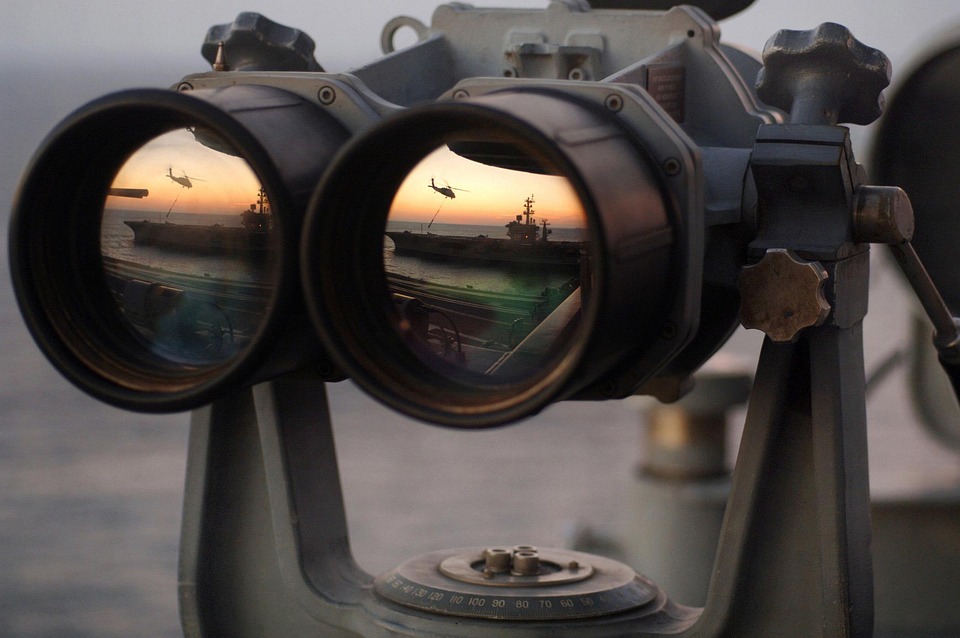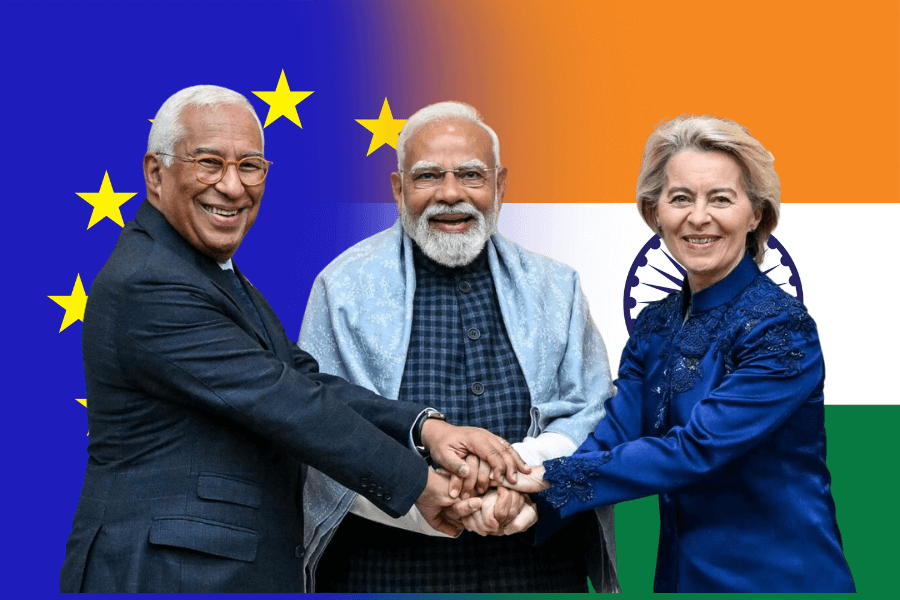
Defence Ministers from Australia, Chile, Fiji, France, New Zealand, Papua New Guinea, and Tonga convened in Viña del Mar from October 22 to 24, 2025, for the 10th South Pacific Defence Ministers’ Meeting (SPDMM). Observers from Japan, the United Kingdom, and the United States also participated, along with special guest Baron Waqa, Secretary General of the Pacific Islands Forum. This meeting marked a significant milestone in regional cooperation, focusing on shared security challenges and operational collaboration among member states.
During the discussions, participants acknowledged emerging trends in regional security, reaffirming their commitment to work together on issues such as climate-induced disasters, humanitarian assistance, and non-traditional maritime security threats, including transnational organized crime. The meeting highlighted the critical need for a coordinated response to these challenges.
Operational Collaboration and New Initiatives
Members expressed gratitude to representatives from the Republic of Fiji Military Forces and the Papua New Guinea Defence Force for presenting the annual intelligence brief, which outlined concurrency challenges to Pacific security through to 2030. They also reflected on the inaugural year of the Pacific Response Group (PRG), established in 2024. The PRG has already been involved in key operations, including Operation VANUATU ASSIST in December 2024, and has participated in regional exercises such as CROIX DU SUD and LONGREACH.
Moving forward, members endorsed the second phase of the PRG, agreeing to transition to year-round co-location with New Zealand assuming command and hosting the headquarters from July 1, 2026. They tasked their Chiefs and Heads of Defence with exploring options to expand the PRG’s mandate to include stabilization operations, alongside the existing focus on humanitarian assistance and disaster response.
The Secretary of the SPDMM was instructed to collaborate with the Intersessional Working Group to initiate consultations on a Status of Forces Agreement, with a report expected by 2026. Members also acknowledged Papua New Guinea’s report on the Joint Heads of Pacific Security meeting held in March 2025, requesting updates on relevant developments.
Maritime Security and Academic Collaboration
The meeting also emphasized the importance of maritime security, with Chile presenting on transnational organized crime, particularly the illegal drug trade from South America into the Pacific. Members committed to enhancing maritime security measures and encouraged the South West Pacific Heads of Maritime Forces Meeting to implement intelligence-led operations against transnational organized crime. Fiji offered its Vuvale Maritime Essential Services Centre as a regional asset, further strengthening collaborative efforts.
In an effort to improve academic cooperation, the SPDMM launched its Academic Cooperation Network (ACN), which aims to connect academic defence institutions and national security researchers focusing on the South Pacific. The first publication by the ACN, peer-reviewed by its members, explored the implications of climate change on security in the region. Chile was commended for its leadership in this initiative.
Moreover, the SPDMM unveiled an interactive Regional Training Framework, designed to coordinate individual training courses available to personnel across the SPDMM community. Recognizing climate change as a pressing threat, members agreed to consider Fiji’s proposals for an environmental sustainability module within this framework.
The meeting also marked the upcoming 25th anniversary of the United Nations Security Council Resolution 1325 on Women, Peace, and Security, emphasizing the importance of women’s leadership in addressing regional security challenges. The SPDMM Governance Framework includes this as a standing agenda item, with a commitment to developing a guidance note for consideration at SPDMM 2026.
Members concluded by expressing gratitude to Chile for hosting the event and confirmed that Fiji will host the next SPDMM in 2026. The strengthened relationships and collaborative frameworks established during this meeting are poised to enhance regional security and resilience in the South Pacific.






